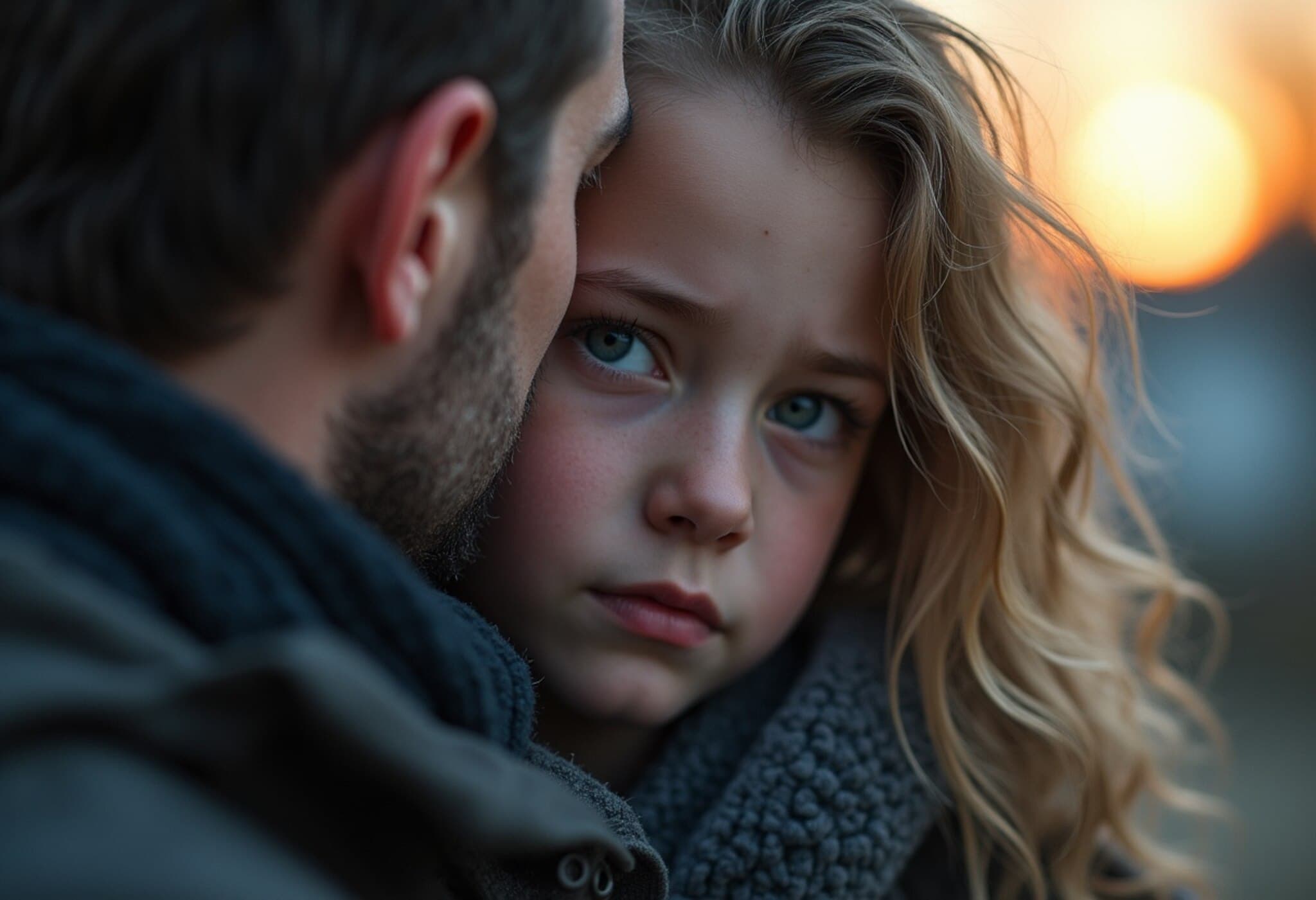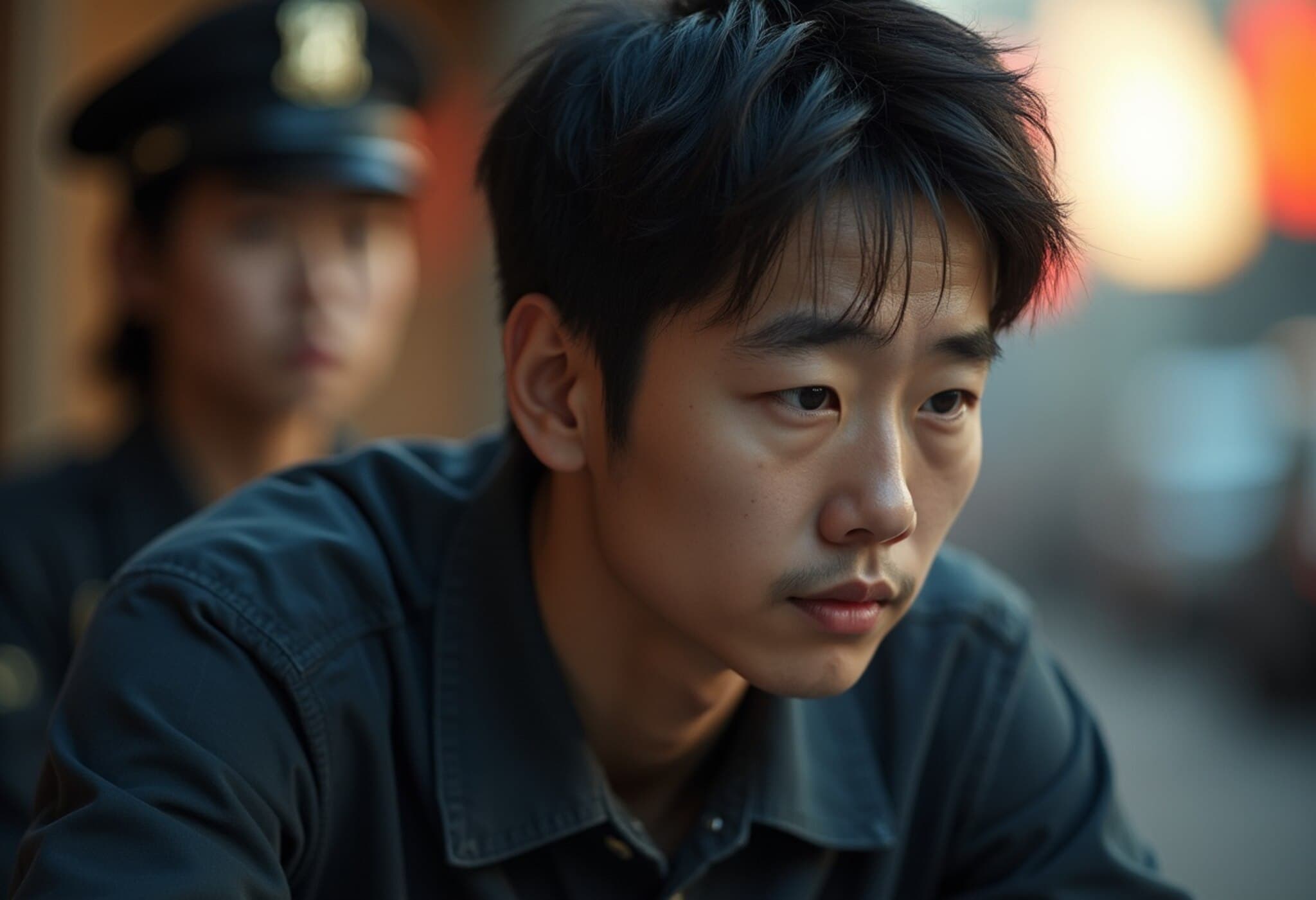The Heartache of Uncertainty: Living with Ambiguous Loss
When a loved one vanishes without a trace, families face a uniquely painful emotional state known as ambiguous loss. Unlike traditional grief marked by closure through funerals and rituals, ambiguous loss traps those left behind in a limbo between hope and despair — caught in an agonizing cycle of uncertainty.
Defining Ambiguous Loss: The Grief Without Closure
First coined by renowned researcher Pauline Boss in the 1970s, ambiguous loss occurs when a person’s fate is unknown — missing but not confirmed dead. The absence of customary mourning practices means families grapple with repetitive trauma and a haunting silence from society’s shifting attention.
Rachel Ganz’s story reflects this painful reality. Her husband, Jon, disappeared amid Missouri’s devastating floods near the Eleven Point River more than three months ago. Every morning, she wakes to the same devastating questions — Is he trapped? Lost in the forest? Will he ever be found? Her pain is a raw, daily reminder of what Boss terms a “frozen grief,” where the lack of answers keeps the heart suspended in painful limbo.
Global Echoes of Ambiguous Loss
Ambiguous loss transcends borders, cropping up from natural disasters to wartime conflicts. Families of the missing from catastrophic events like the 9/11 attacks, Indian Ocean tsunamis, and conflicts in Ukraine and the Middle East endure this silent siege on their souls.
In Ukraine, for example, tens of thousands have vanished since Russia’s invasion, leaving relatives, like Lidiia Rudenko, to navigate daily grief amid uncertainty. ‘‘Some days, you’re too overwhelmed to function; other days, you fight back with every ounce of strength you have,’’ she shares, highlighting the fluctuating waves of hope and despair.
Why Ambiguous Loss Defies Western Grieving Norms
Boss notes our culture’s inclination toward binary thinking — something is either resolved or not — complicates recovery from ambiguous loss. In Western societies, where closure rituals validate grief, ambiguous loss disrupts the process profoundly, trapping individuals in emotional paralysis.
Australian social work professor Sarah Wayland explains this experience as a dual trauma: ‘‘families endure constant exposure to media trauma followed by the deafening silence when public attention moves on.’’ People live publicly with their pain, while privately wrestling with unbearable uncertainty.
Psychological Toll: A 'Knife Constantly Making New Cuts'
The psychological burden has real consequences. The Texas Hill Country flash floods of July 4, 2025, killed over 130 people and rendered hundreds missing — families still waiting for answers or even confirmation of death.
In Israel, when her son’s body was taken hostage in 2014, Leah Goldin found herself in a similar agonizing waiting game, caught between official mourning and endless uncertainty. The empty void where certainty should be felt like a ‘‘knife constantly making new cuts.’’
Such stories illuminate how ambiguous loss depletes psychological resilience, forcing families to create their own rites, as Goldin’s family did with a ‘‘pseudo-funeral,’’ to grapple with their liminal mourning.
How Communities Can Support Families Facing Ambiguous Loss
Supporting families of missing persons demands more nuanced empathy and practical measures. One-size-fits-all condolences or offers requiring the grief-stricken to ask for help often fall short or add burden. Rachel Ganz recounts her frustration with well-meaning but hollow platitudes.
Experts like Boss recommend separating communities of confirmed loss from those experiencing ambiguous loss, allowing tailored support. Validating the unique pain — ‘‘this is ambiguous loss, an intense and unresolved grief’’ — can be empowering and reduce self-blame.
Community responses must incorporate:
- Dedicated support groups acknowledging ambiguous loss’s complexity
- Public awareness campaigns to reduce stigma around ongoing grief without closure
- Encouraging action through advocacy or memorial initiatives as pathways towards healing
A Broader Cultural Shift Needed
Ambiguous loss challenges deeply held assumptions about grief and closure, highlighting the importance of cultural adaptability in trauma response — especially in a world increasingly marked by disasters and conflicts producing missing persons at scale.
As Western societies grapple with this concept, there's urgency for media, policymakers, and communities to rethink how they honor and support people enduring loss without end, promoting resilience over resignation.
Editor's Note
Ambiguous loss invites us to confront our discomfort with uncertainty and learn to hold space for grief that defies neat closure. Moving forward, governments and nonprofits must develop specialized frameworks recognizing this frozen grief’s toll, ensuring that the missing are more than statistics, and that their families are not left in silence. How can Western cultures evolve rituals and support systems to embrace this profound form of loss?

















